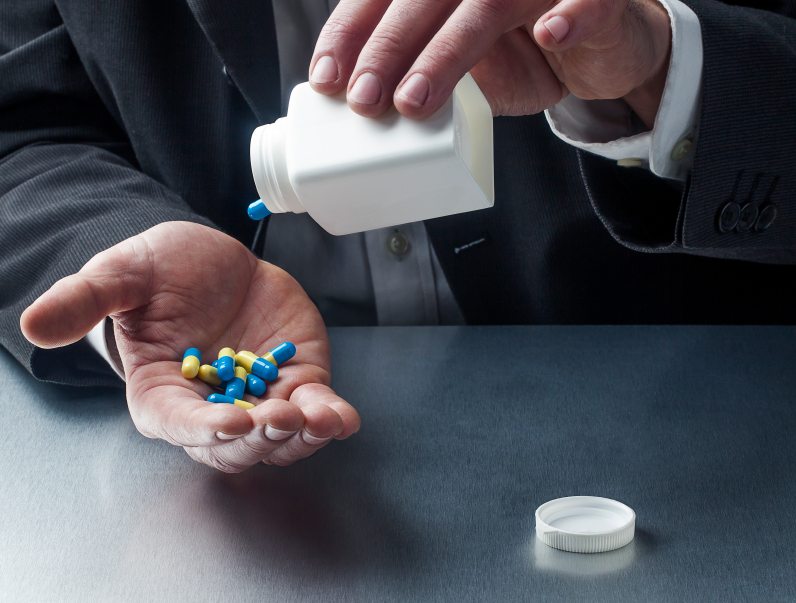In Nigeria, the practice of self-medication is becoming increasingly prevalent, with many individuals choosing to purchase and administer medications without a prescription or medical guidance. While this may seem like a convenient and cost-effective solution for minor ailments, it poses significant risks to the health and well-being of individuals.
Self-medication refers to the use of medication without the guidance or prescription of a healthcare professional. This can involve the use of over-the-counter medications or the purchase of prescription drugs without a valid prescription., the availability of medications without a prescription makes self-medication a common practice.
The dangers of self-medication are numerous. Firstly, without proper medical guidance, individuals may be taking medications that are not appropriate for their condition or that interact with other medications they are taking. This can lead to adverse reactions, complications, and even death in severe cases.
Secondly, it can delay the diagnosis and treatment of underlying medical conditions. Many minor ailments share symptoms with more serious conditions, and it can mask these symptoms, leading to a delay in proper diagnosis and treatment.
Furthermore, self-medication can contribute to the development of drug resistance. When antibiotics are taken without proper medical guidance, bacteria can develop resistance to them, making it more difficult to treat infections in the future.
In Nigeria, where access to healthcare is limited for many individuals, self-medication may seem like a practical solution. However, it is essential to recognize the risks involved and seek medical guidance when necessary.
Pottage of health spoke to an individual who identified herself simply as Mary, a 32-year-old business woman from Lagos. Mary had been experiencing frequent headaches for several weeks and decided to self-medicate with over-the-counter painkillers. She found that the painkillers provided temporary relief, but the headaches persisted. Eventually, she began experiencing other symptoms, such as dizziness and nausea. When she went to the hospital, she was diagnosed with a serious underlying condition that required immediate medical attention. The delay in diagnosis and treatment caused by her self-medication had led to the condition worsening and becoming more difficult to treat.
Mary’s story highlights the dangers of self-medication and the importance of seeking medical guidance when experiencing health issues. Her experience serves as a reminder that self-medication can lead to serious consequences, including delayed diagnosis and treatment, and even death in severe cases.
It’s worth noting that somes also resort to traditional medicine, such as agbo (traditional concoction), for self-medication. While traditional medicine has been used for centuries to treat various ailments, it is crucial to seek the guidance of a trained traditional medicine practitioner to avoid harmful effects. Self-medicating with traditional medicine can pose risks similar to those of self-medicating with conventional medicine, including adverse reactions, drug interactions, and delayed diagnosis and treatment of underlying medical conditions. Therefore, it is essential to recognize the potential dangers of self-medicating with traditional medicine and seek the guidance of trained practitioners.
To address this issue, public education campaigns should be launched to raise awareness of the risks involved. Healthcare professionals should also be encouraged to provide clear guidance on the appropriate use of medications and the dangers of self-medication. Additionally, regulatory authorities should strengthen the enforcement of laws regulating the sale and distribution of medications.
Another factor contributing to the prevalence of self-medication is the cost of healthcare. Many individuals cannot afford to pay for medical consultation or prescription drugs, leading them to rely on self-medication as a more affordable alternative. Addressing the issue of healthcare affordability is crucial to reducing the prevalence of self-medication and improving overall health outcomes.
Self-medication poses significant risks to the health and well-being of individuals. It is essential to recognize the dangers involved and seek medical guidance when necessary to ensure that appropriate treatment is received. By taking action to raise awareness, improve healthcare affordability, and strengthen regulations, we can work to reduce the prevalence of self-medication and improve the health outcomes of individuals across the country.



